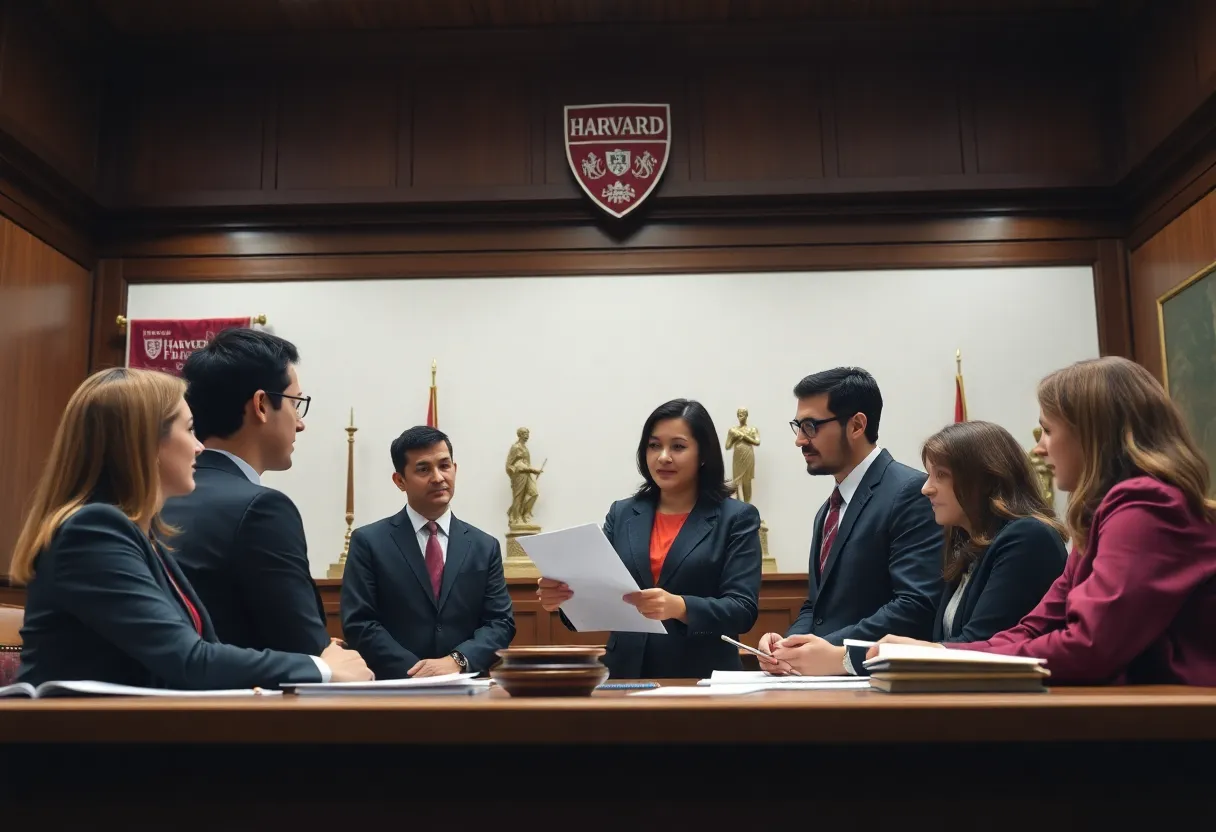Memphis Families Face New Challenges as Child Tax Credit Expansion Ends
In the vibrant city of Memphis, families are grappling with the aftermath of the child tax credit expansion that was put in place during the pandemic. For many, this increase was a lifeline, helping to cut child poverty nearly in half. But with that more-generous credit expiring in 2021, families now find themselves confronting rising living costs and its associated worries.
The Impact of the Child Tax Credit
The expansion of the child tax credit during the pandemic was a significant milestone aimed at reducing poverty. According to research, the boost in this credit greatly assisted families by providing much-needed financial resources. It allowed more children access to essential needs, like healthy food, proper clothing, and safe housing. In fact, the data shows that the credit helped to reduce child poverty rates dramatically.
But now, as the extra funds have dried up, many families in Memphis are beginning to feel the pinch. The lingering effects of poverty can affect children academically and socially, creating a ripple effect that continues into adulthood. Without the support of the expanded tax credit, parents are left to wrestle with not only their financial struggles but also the potential long-term impacts on their children’s education and well-being.
Concerns About Rising Living Costs
Today’s economic climate is particularly challenging. Families are facing rising housing costs, increasing food prices, and expensive childcare, all of which can become overwhelming. Parents are increasingly concerned about how to manage these expenses, especially with the expiration of the child tax credit.
Families across Memphis are now forced to rethink their budgets and make tough decisions about where to cut costs. For many, this often means sacrificing essentials or going without. The effect is not just financial but emotional as the stress of these decisions weighs heavily on parents navigating the complexities of raising children on a limited budget.
The Academic Ripple Effects
Research indicates that financial hardship can have a significant negative impact on children, particularly in their academic performance. Mental health, focus, and overall motivation can suffer when families are strapped for cash, leading to a decline in grades and learning opportunities. Children from lower-income families often don’t have access to the same educational resources as their wealthier peers, further widening the achievement gap.
In Memphis, teachers and educators are rallying to support these children as best they can, but without additional resources, the task becomes increasingly daunting. Schools are left to figure out how to support students who are dealing with the stress of their family’s financial situation while also delivering a quality education.
Looking Ahead: Hope for the Future
As the dust settles after the end of the expanded child tax credit, many are calling for renewed discussions on how to support families. Advocates are pushing for the return or permanent extension of some form of the child tax credit to continue aiding families and reducing child poverty.
For now, families in Memphis remain resilient, finding community support and leaning on one another during these tougher times. As the city looks ahead, it’s clear that addressing these challenges will require collective effort and understanding from all corners of the community.
The future is uncertain, but one thing is certain: family support systems, community resources, and advocacy for children’s rights will be essential in navigating the journey forward.







